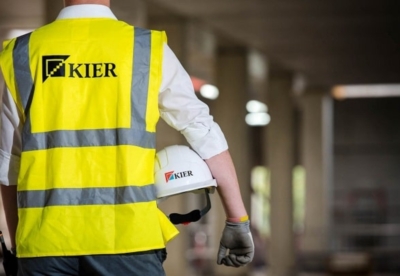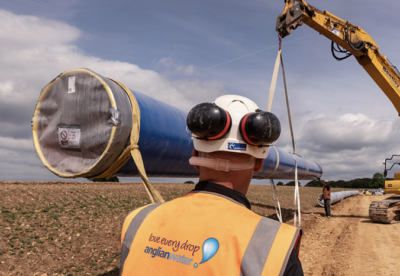The industry is in uncharted territory complying with new safe working restrictions and the added transport and accommodation challenges.
Social distancing is not yet written into any contracts but it is something that will clearly generate extra costs and hit production.
Industry leaders fearing the worst have called for clients, main contractors and the rest of the supply chain to support each other and adopt conflict avoidance approaches.
But for subcontractors who have already been on the receiving end of 7-day notices and the threat of LADS, good practice guides are just window dressing.
There are good ways and bad ways to get through the challenges ahead.
The question of who pays for the added costs and programme slippage should not be left for courts to decide on in the future.
At this extraordinary moment in time, the industry is looking to unite in a common cause – trying to get back to work safely.
This moment must not be thrown away. But the biggest mistake is to focus on the aspiration, blind of the likely problems.
Projects should have agreements in place that are legally solid to avoid a tsunami of litigation later down the line.
Restart terms and conditions need to be set in stone now or it will become a future contract-row bonanza for lawyers and a blight on construction.
A recognised Covid-19 claim provision that takes account of slower working conditions would also be a good idea.
Sites must be monitored to ensure safe practice is genuinely being followed.
The Health and Safety Executive with its resource shortcomings cannot be relied upon to police this across the country.
The industry must put in place its own strict plans for how it will deal with failures to observe good practice.
It also needs to find pragmatic ways to measure the relative safety in relation to viral transmission of different ways of working.
Contractors or subcontractors should not be bullied into working if they have genuine safety concerns for their employees, nor should they be allowed to hold clients to ransom.
But they must get as watertight an agreement as possible before work commences or problems will fester.
At its core, construction is a very flexible industry used to absorbing shocks, so it has the capacity to change.
Now is the time to start.























































.gif)

